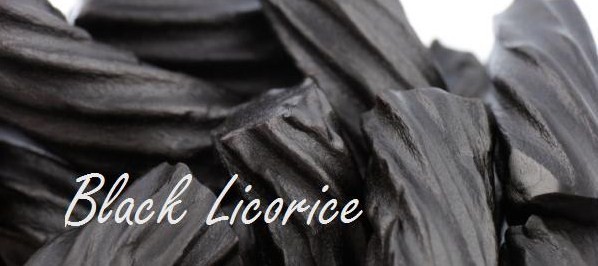“Moi, je suis canadienne.” I say it as if it actually means something, as if defining myself as canadienne will actually help my listener understand who I am. I’m female yes, that we can tell by the pronunciation of the last few letters, but what else? In France, telling someone you are Canadian is just asking for a bit of confusion. “Ah! Quebecois!” Is usually the immediate response. No, no I’m not from Quebec, but I did spend a significant amount of my childhood there and I’m from Ottawa (do you know it?) which sits on the border of Quebec. “Odawa?” Yes Ottawa it’s the capital of the country. “Ah O-t-t-awa,” Ya that’s the one. “Mais, les canadiens parlent francais oui?” Well yes some do... I’m still working on mine. This is the point in the conversation where our French friend usually turns to someone from a more recognizable place, like England where they most surely speak English, or Germany, where there is no question that German is the official language; Or even the States, a country that’s pretty much universally recognized. If I was French Canadian maybe we’d have more in common, but as it is I’m an Anglo-Canadian from a bilingual city, who isn’t quite fluent in French, who studied in Toronto (where the second language is most likely Chinese not French), spent almost a year in Sweden and is now living in France. It’s a little much for someone whose previous knowledge of the country was restricted to the province of Quebec. But still, with all this in mind, what does canadienne say? And how do others interpret ‘Canadian’ if we can’t even define it ourselves?
I’ve recently started reading Henry James’ The Portrait of a Lady, I’m only about a quarter of the way through but it’s hard not to notice that the thing is chalk-full of comparisons between American and English culture. The fact that the book was written in 1881 just demonstrates how deeply rooted these differences were and have continued to be up to the present day. We have Isabel, the American lady who has come to see her relatives in England. She is interestingly ‘class-less’ to her English relatives, with a set of manners and ideals apart from the English norm. We have her uncle and cousin, who find themselves caught between English and American culture, and we have her aunt, who is quite decidedly English and takes it upon herself to educate Isabel in English ways. As I’m reading the interactions between these characters I can’t help but think how these differences in culture have continued to today and, despite the common language between England and the U.S., the cultural barrier is enough to cause quite a few misunderstandings and cultural mishaps; as it does in James’ book. Yet, Canadians aren’t Americans and Americans aren’t Canadian and that we both know quite well. So it’s all nice and good that the cultural barrier entre England and the U.S. is recognized and at least somewhat understood, but where does that leave Canada?
We tend to inevitably get lumped into American culture as generally ‘North American;’ which, for the most part, works quite well. We have a similar way of living, similar accent, we are mostly descendants of colonists and immigrants and most of us will know our country or countries of ancestry - I could go on and on. Yet, there are these underlying and subtle differences between Americans and Canadians today which do set us distinctly apart; so that when I read Henry James or another American author, I don’t relate to the Americans in the novel, but see myself as an outsider to both parties.
So, as a Canadian abroad how do you define these differences when you’re not even sure how to define yourself? How do you give the people you meet something concrete to grasp onto? Something that helps them start to understand who you are and where you come from, something that isn’t as superficial as sub-zero temperatures or a can of maple syrup.
To be continued...

No comments:
Post a Comment